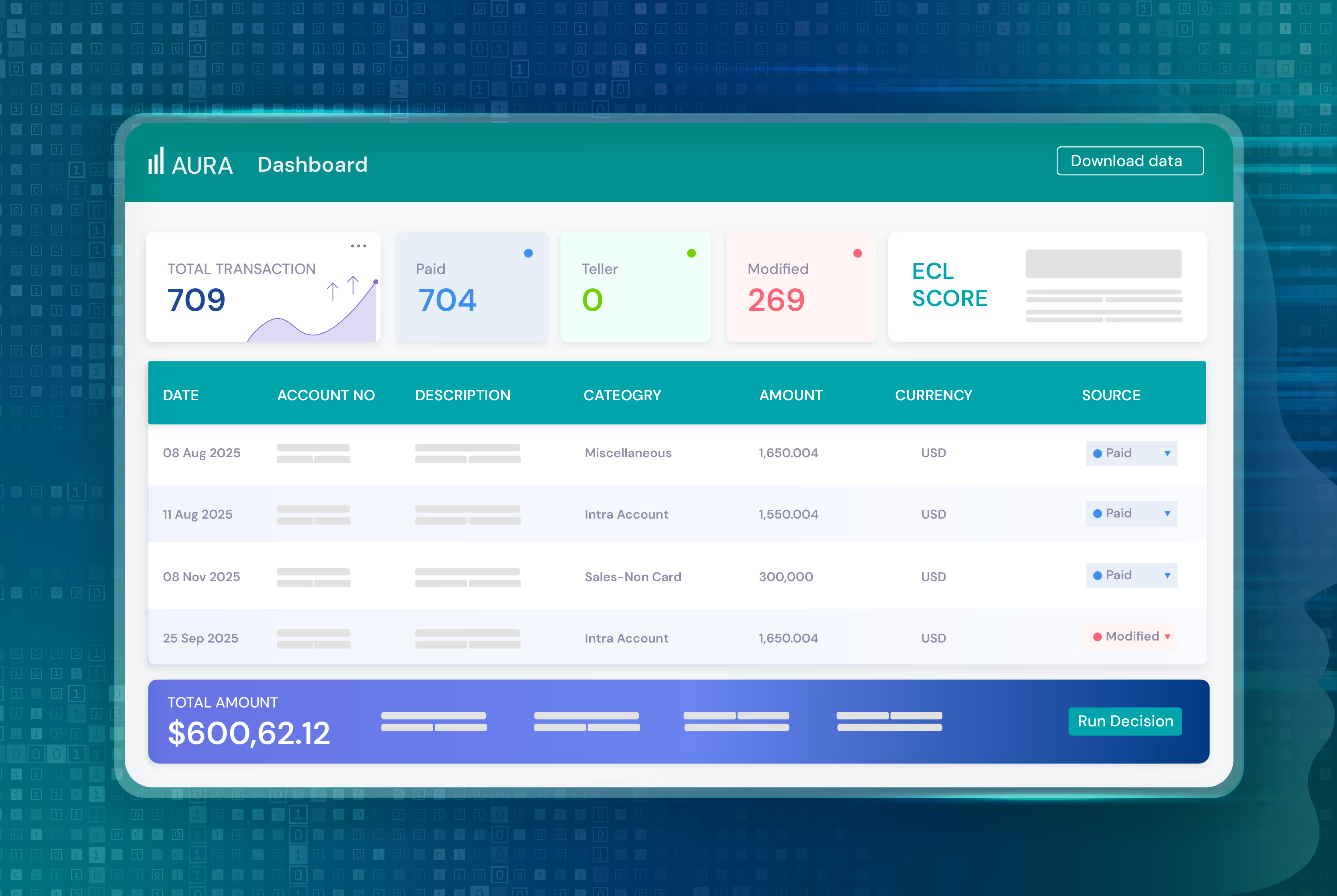The Art of Capital Timing: When NOT to Raise (Even If You Can)

2 mins
Good founders do more than just build. They pay attention to what goes into their building blocks, making strategic decisions that create not only a longer runway, but a stronger one. The median ARR for Series A has risen to $2.4M in 2025, up 20% YOY. Given the current market challenges, you might be tempted to pursue venture capital fundraising as soon as you can.
Can doesn’t mean should. There are moments when other funding methods, like non-dilutive financing, might make more sense for your startups. If you’re pursuing capital for one of these 5 reasons, take a pause. VC might not be your best bet.
You’re Riding Out Market Uncertainty
Venture capital funds bet on massive returns when they invest in SaaS and AI startups. They’re looking to pour gasoline on an already-burning fire. With market chaos (like what we’re seeing now) can come slowing growth. You may need to reassess your growth strategy, make adjustments to your core product offering, or change your ideal customer profile. In these instances, non-dilutive debt can extend your runway without the added expectations of instant growth.
You Don’t Want the Extra Pressure
Venture capitalists want to fund businesses that will 10x their investment. Raising venture capital can give you an influx of capital, which, on first glance, comes with breathing room. But one thing to consider is that VC investment comes with added expectations. VC investors are looking to see aggressive expansion, and they’ll pay close attention to how you pursue it.
You Want to Limit Dilution
The average founder equity stake at exit is 25%. Three primary factors lead to over-dilution for founders. First, raising at the wrong time. If your startup hasn’t hit it’s stride, you’ll be raising at a lower valuation than you could have, meaning you’re giving up more equity than you might if you delayed your raise. Second, an over-reliance on venture funding can lead to higher dilution than if you maintain a diversified capital stack. Third, SaaS and AI startups that give warrants and options to investors like accelerators and venture debt funders may find these converted to equity.
Options like non-dilutive financing can help you increase working capital without reducing your equity—allowing you to maintain a balanced capital stack and reserve venture capital fundraising until your business can secure a higher valuation (and therefore more favorable equity terms).
Debt Funding Better Suits Your Needs
Debt and equity funding are often positioned as opposites, but the truth is they serve very different purposes. Venture capital funding is best suited for long-term scaling and aggressive expansion. If your business has short-to-medium cash needs and you’re pursuing milestone-based growth, an alternative financing option is going to provide a cheaper, more flexible source of capital.
The Time and Effort Fundraising Takes Could Be Better Spent
When speed matters, equity fundraising is not the solution. It typically takes a startup somewhere between 3 and 6 months to complete a capital raise. Courting a potential investor takes time. For every 100 startups a venture capitalist reviews, they’ll meet with 10 and fund one. (This is referred to as the 100 10 1 rule.) When you need quick working capital, non-dilutive debt financing can be a better-suited solution. ECL customers often go from application to funding in 2 weeks. Once a decision has been made, funds can be available in as little as 72 hours.
Or maybe your business does have a long enough runway to weather the capital raising process, but you just…would rather spend your resources refining product or growing your sales engine rather than courting outside investors. In those moments, alternative funding can help you increase your working capital and stay focused on the projects that matter to you.
Picking Your Moment: When to Raise Venture Capital
If your business requires substantial upfront investment in technology and talent and has a path that’s clearly aligned with a venture scale outcome (VC firms typically look for 50-100% annual growth), that’s a sign that it might be your moment to raise an equity funding round.
Meet the Funding Option That Works When VC Doesn’t
Non-dilutive financing is a flexible, fast alternative to equity capital. Complete an online application in 20-30 minutes, and qualified applicants may receive funding in as little as 72 hours. At ECL, we’re in your corner. We’ll help you just like we’ve helped 150+ companies access more than $200M in non-dilutive funding. And if you’d be better suited pursuing venture capital, we’ll tell you that, too.




